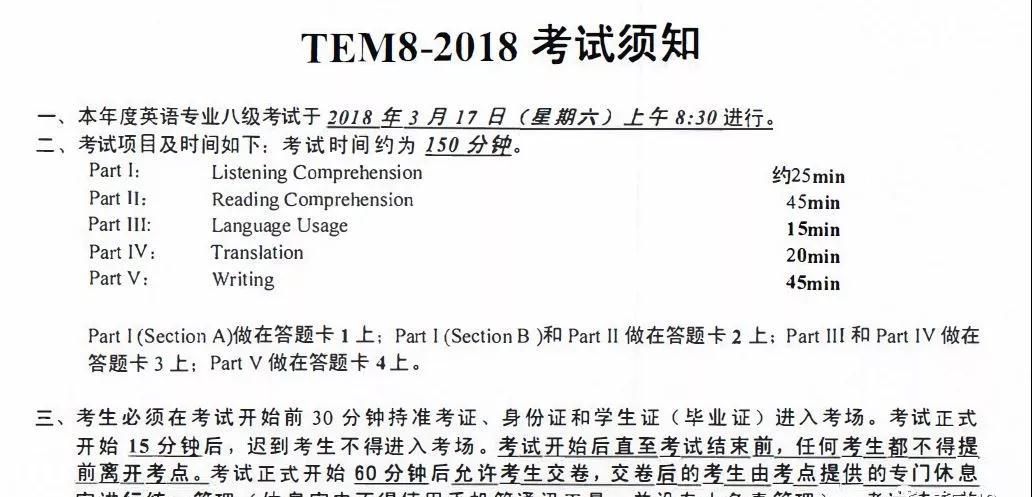|
17. “Some people believe that the best approach to effective time management is to make detailed daily and long-term plans and then to adhere to them. However, this highly structured approach to work is counterproductive. Time management needs to be flexible so that employees can respond to unexpected problems as they arise.”
Discuss the extent to which you agree or disagree with the opinion expressed above. Support your point of view with reasons and/or examples from your own experience, observations, or reading.
The speaker claims that a detailed time-management plan fails to afford adequate flexibility to deal with the unexpected at the workplace. He seems to offer an either/or choice between planning one’s time rigidly, by detailing important daily as well as long-term plans, and not planning at all; and he prefers the second choice. The speaker’s claim is overly simplistic, since it is possible for a detailed time-management plan to also provide flexibility.
Working at any job without a detailed road map (n. 行车图, 公路线路图) for the immediate and longer-term can trivialize the efforts of both employees and organizational units so that all their efforts become aimless. The only sensible way proceed is to consider first one’s most important long-term objectives; then an organizational unit and its employees can order daily and weekly tasks according to how much each adds to the achievement of those objectives. With a broader perspective, workers can eliminate from the list those daily activities that may seem urgent or may be most enjoyable but don’t really contribute to long-term job goals or to organizational objectives.
A detailed time-management system need not be inflexible. Knowing which items to eliminate from a “to-do (BUSTLE, STIR, FUSS)” list gives a time-management plan its flexibility. When the unexpected arises, it can be judged according to its role in fulfilling long-term goals. If what at first seemed urgent turns out not to be important, it can be deferred to another time or ignored altogether. But if something unexpected needs handling in order to fulfill an important business or life plan, it will take priority over lesser activities in the daily or weekly schedule. For instance, I might have a meeting planned for one o’clock with coworkers to decide the location of an awards banquet, and find out at noon that an important client is thinking of switching to our competitor but wants to talk with me first. I can easily discern that the banquet meeting is less important than a critical meeting with a valuable client.
In conclusion, effective time management must involve a detailed scheduling of tasks. But it also requires determining which tasks are more central than others to the satisfaction of long-term objectives. This way, the daily or weekly schedule becomes not just a list of tasks to check off (vt. 校对,查对,清点), but a flexible plan that can accommodate important urgencies while allowing us to bypass less significant scheduled tasks and ignore unimportant interruptions. | 







